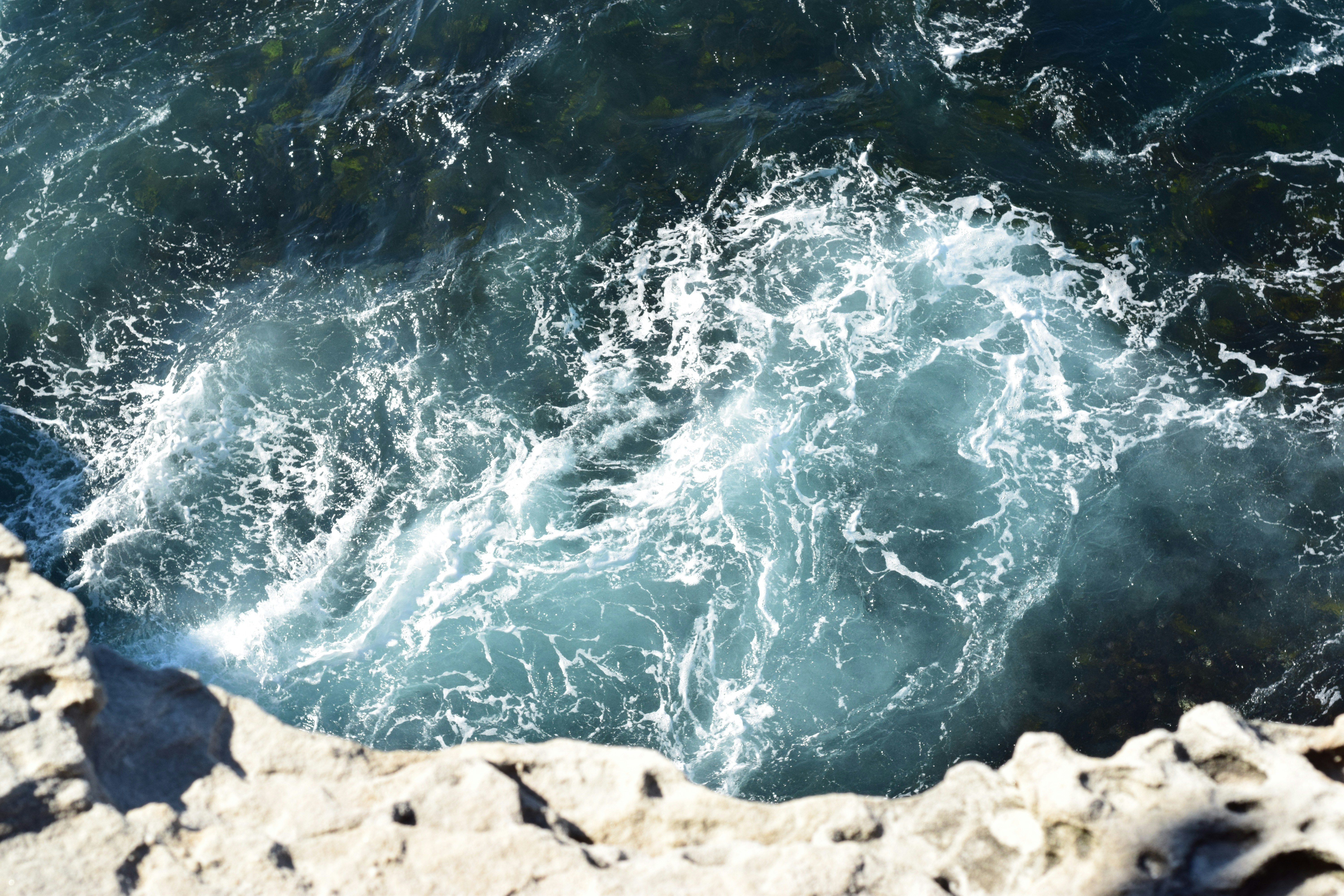UNESCO added eight new sites to their ‘Global Geopark.’ The sites each demonstrate the amazing and great geology of our planet, and the diversity of Earth. The new locations are spread around the world including China, France, Mexico, and Iran (in the video above). If you go to these destinations remember to travel as efficiently and eco-consciously as possible.
UNESCO Global Geoparks are territories that promote geodiversity through community-led initiatives to enhance regional sustainable development. They help monitor and promote awareness of climate change and natural disasters and many of them help local communities prepare disaster mitigation strategies.
With this year’s eight additions, the world network now numbers 127 UNESCO Global Geoparks in 35 countries. They celebrate the 4.6-billion-year history of our planet and the geodiversity that has shaped every aspect of our lives and societies. Furthermore, Geoparks create opportunities for sustainable tourism, whose importance has been recognized by the United Nations, which named 2017 as International Year of Sustainable Tourism for Development.


